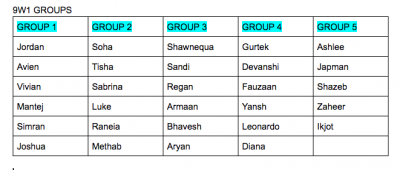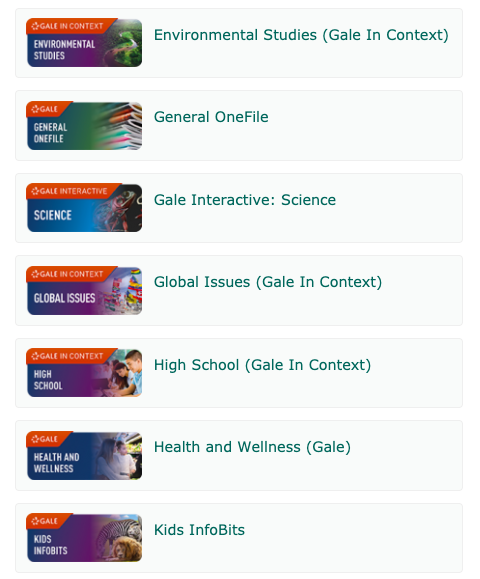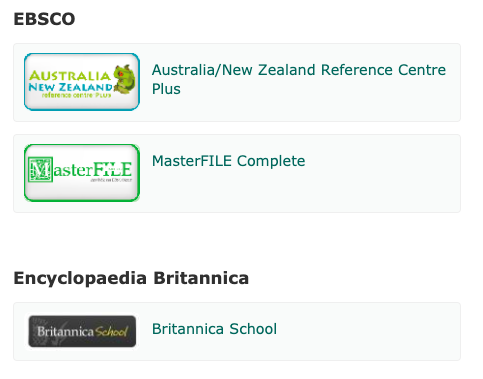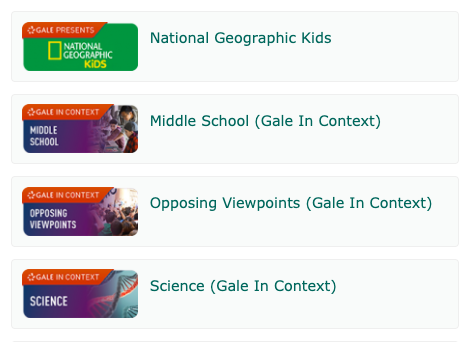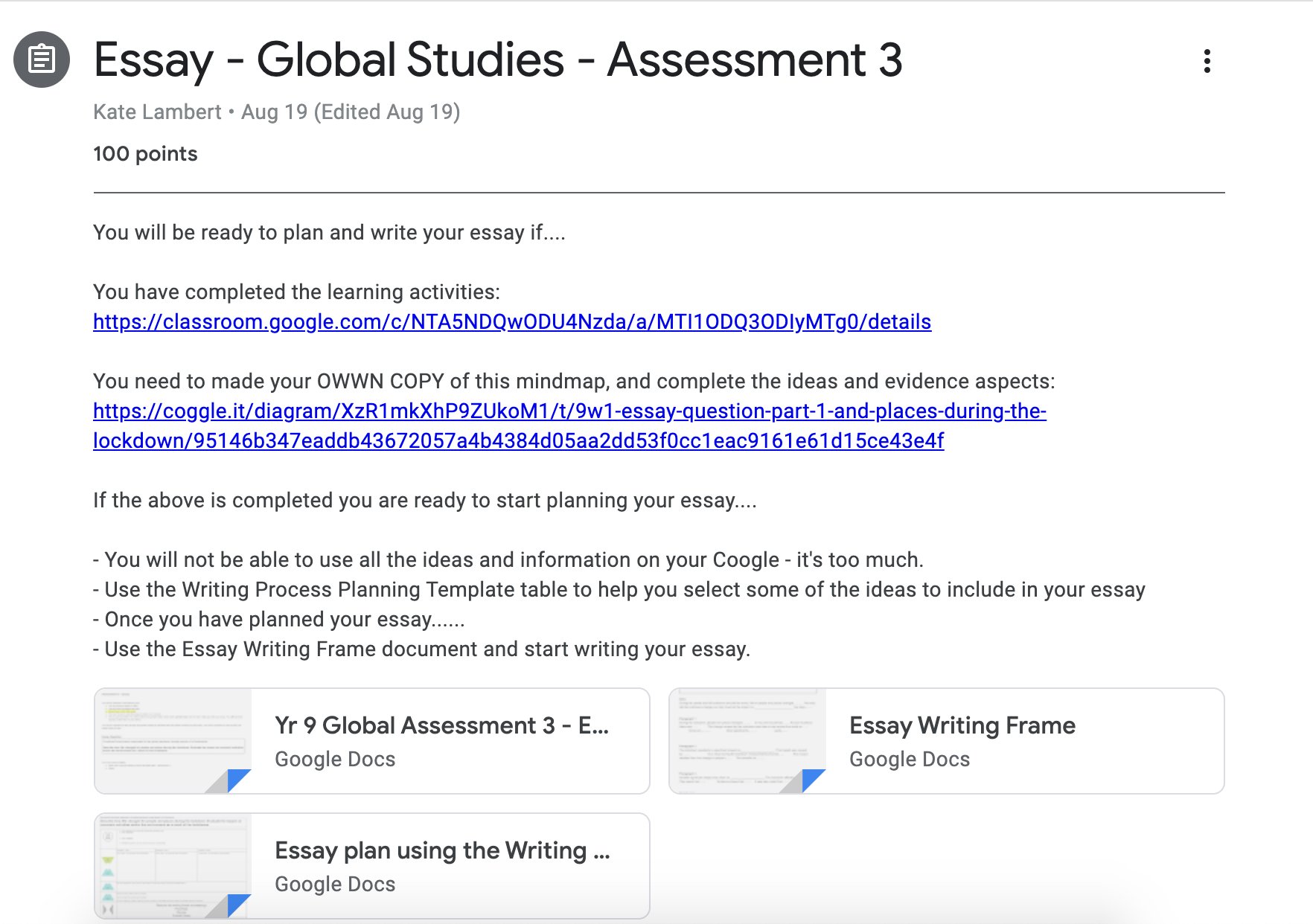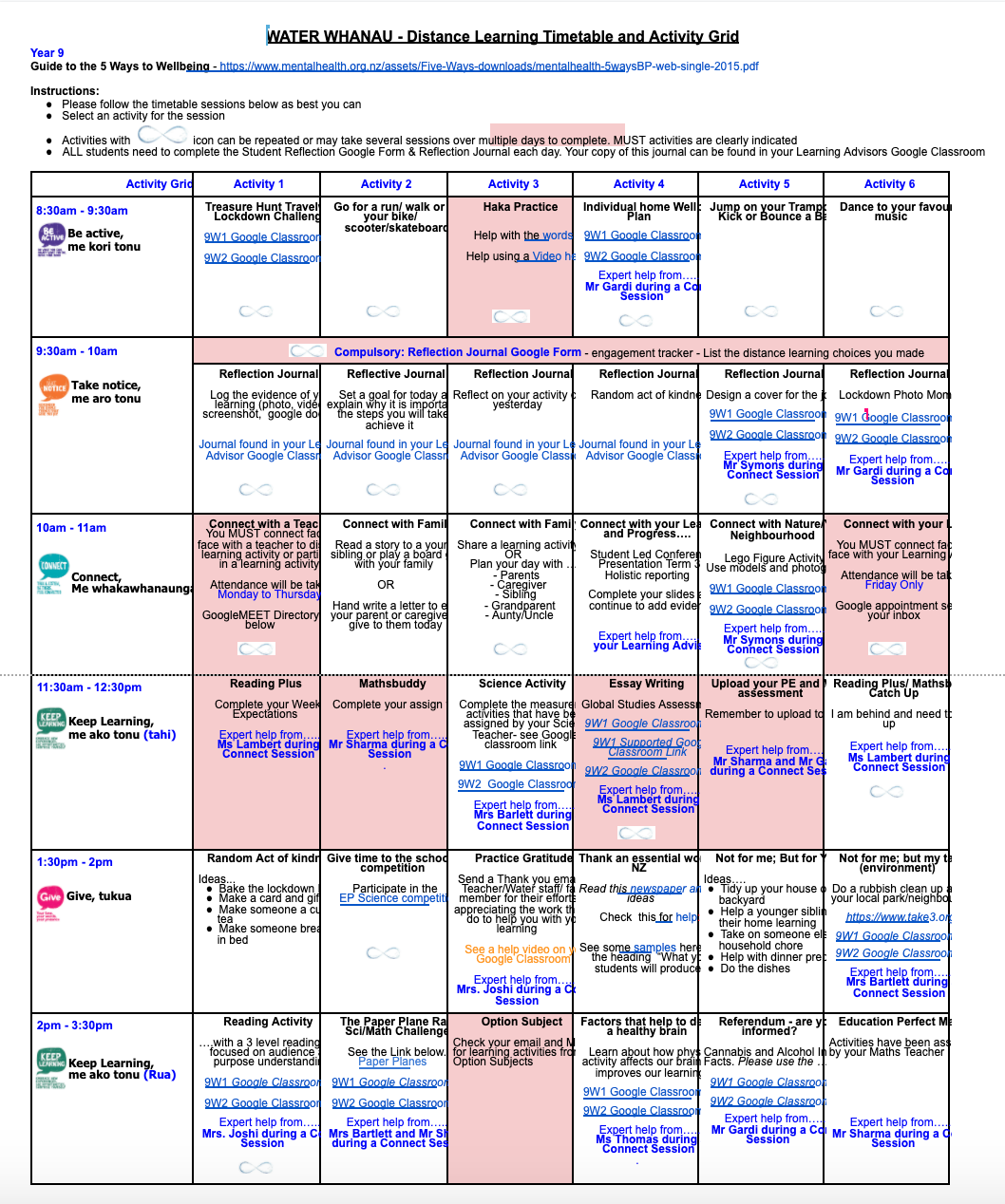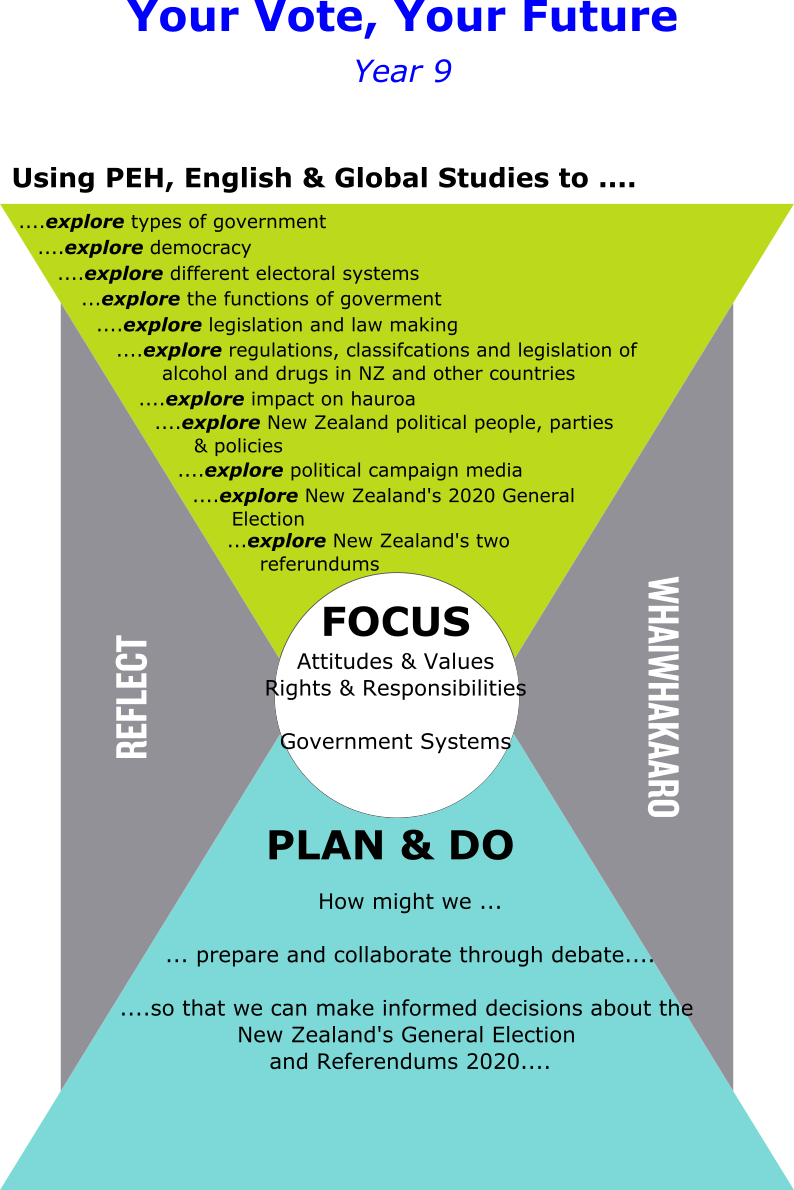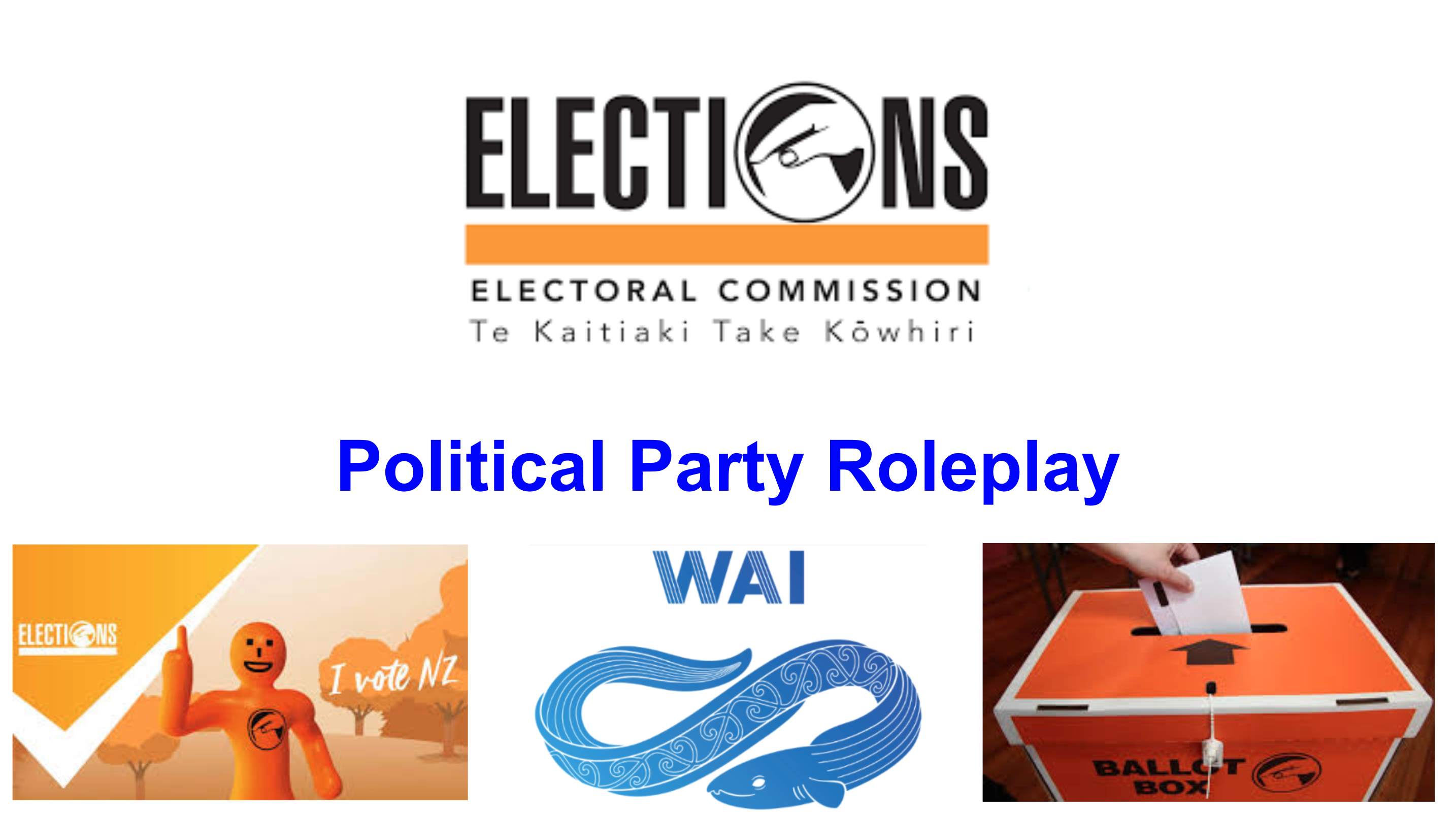9W1 Global Studies
Section outline
-
Kia ora 9W1. It is my pleasure to be your Global Studies teacher this year klambert@mhjc.school.nz
Join our Google classroom:
Join our Education perfect classroom:
N85L43
Term 1 Context Diagram
-
Term 1: Turangawaewae - My place to stand in NZ
EXPLORE / TŪHURA learning intentions:
- We are EXPLORING...NZ's unique bicultural society by interpreting the Treaty of Waitangi
- We are EXPLORING...NZ's bicultural society by recognising the importance of the Treaty of Waitangi and its impact on Tangata Whenua
- We are EXPLORING...NZ's bicultural society by investigating our changing demographics
Success Criteria: I can/have...
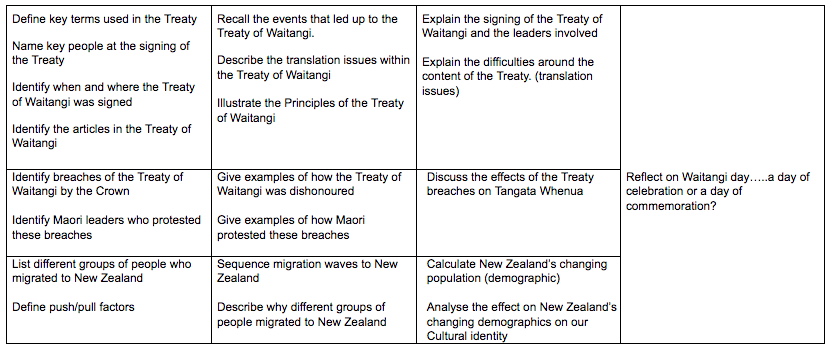
Activities:
- Our Context - Turangawaewae - My place to stand in NZ
- KTD Treaty of Waitangi - in your exercise book
- Tales of the Treaty - Education Prefect (EP) task: https://www.educationperfect.com/app/#/dashboard/homework/2387840
- Quizlet live - basic terms/definitions/facts
- Waitangi - What really happened - dramatisation and stick figure characters - exercise book
- Who's Who are Waitangi?
Follow Up Tasks:
Tales of the Treaty - complete by Wednesday if unfinished in class -
Term 1: Turangawaewae - My place to stand in NZ
EXPLORE / TŪHURA learning intentions:
- We are EXPLORING...NZ's unique bicultural society by interpreting the Treaty of Waitangi
- We are EXPLORING...NZ's bicultural society by recognising the importance of the Treaty of Waitangi and its impact on Tangata Whenua
- We are EXPLORING...NZ's bicultural society by investigating our changing demographics
Success Criteria: I can/have...

Activities:
- Who's Who at Waitangi - quizlet live
- Using Learning Intentions and Success Criteria to understand WHAT am I learning, and WHERE am I up to with my learning - exercise book
- You decide your next learning steps.....
- Why a Treaty? - use the hyperlinks and watch the presentations.
Why a treaty - introduction -
Muskets play » -
Whalers play » -
Missionaries play »
Openness & Change play »
a) Activity A - I want to read to the short version about The Signing of the Treaty and sequence the events in chronological order
- Armaan, Leonardo
b Activity B - I want to read/listen ti a comic strip about The Signing of the Treaty of Waitangi and create my own history road
- Zaheer, Avien, Japman, Devanshi, Sabrina, Aryan, Sandi, Fauzaan, Mehtab, Mantej, Shawneqwa, Josua, Ashlee, Raneia, Tisha, Vivian, Shazeb, Diana, Yansh, Luke, Bhavesh
c) Activity C - I want to make my own story (comic strip) to tell the story of the Signing of the Treaty
- Jordan, SohaFollow Up Tasks:
Activity A = practice using the TWO quizlets - Basic and Who's Who
Activity B = Read/Listen Part 1 and 2 using the digital copy of the school journal above and the audio file
Activity C = 20 mins work on your own comic strip -
Term 1: Turangawaewae - My place to stand in NZ
EXPLORE / TŪHURA learning intentions:
- We are EXPLORING...NZ's unique bicultural society by interpreting the Treaty of Waitangi
- We are EXPLORING...NZ's bicultural society by recognising the importance of the Treaty of Waitangi and its impact on Tangata Whenua
- We are EXPLORING...NZ's bicultural society by investigating our changing demographics
Success Criteria: I can/have...

Activities:
- Homework check
- Differentiated activity: The Treaty Text - what did the Mair version and the English version say? - Google classroom activity
- Self evaluation activity
- School Journal reading pp10-15
-
Term 1: Turangawaewae - My place to stand in NZ
EXPLORE / TŪHURA learning intentions:
- We are EXPLORING...NZ's unique bicultural society by interpreting the Treaty of Waitangi
- We are EXPLORING...NZ's bicultural society by recognising the importance of the Treaty of Waitangi and its impact on Tangata Whenua
- We are EXPLORING...NZ's bicultural society by investigating our changing demographics
Success Criteria: I can/have...

Activities:
- Homework check - the Treaty Text - answers on PDF below
- Revision - Translation issues
- PDF files & label notes below
- Kahoot
- Quizlet - intermediate
- News VR items - Extension - Translation issues - https://nzhistory.govt.nz/politics/treaty/read-the-Treaty/differences-between-the-texts
- Changing Population - Percentage Bar graph activity - exercise book
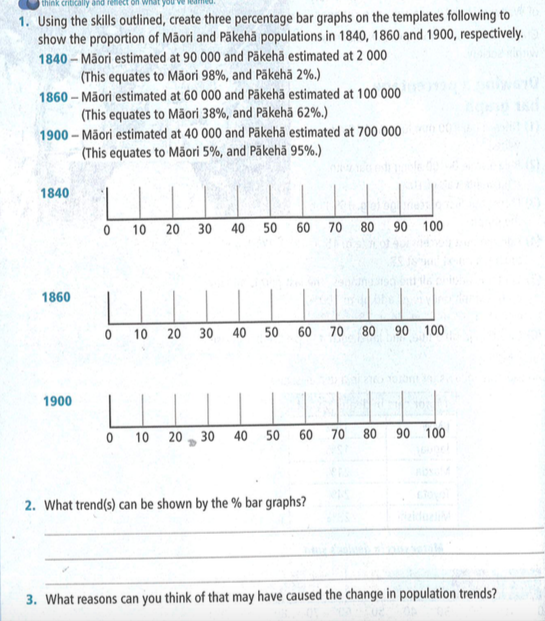
- Timeline - what caused this dramatic population change?
Immigration timeline - since 1840 - cause of the dramatic demographic change
https://www.parliament.nz/en/pb/research-papers/document/00PLSocRP08011/immigration-chronology-selected-events-1840-2008 - Treaty of Waitangi - Welcome to NZ !!
- Celebrating Waitangi day - https://my.christchurchcitylibraries.com/kids-treaty-zone-waitangi-day/
- NZ's Waitangi day 2020 - https://www.theguardian.com/world/gallery/2020/feb/06/new-zealands-waitangi-day-2020-celebrations-in-pictures
THE TREATY OF WAITANGI AND IMMIGRATION IN 1840
The Treaty is recognised as the first immigration agreement between Maori and Pakeha (European settlers). The
Treaty originally allowed settlers to immigrate peacefully to New Zealand under the British flag. The Treaty was important, firstly, to control the thousands of future emigrants to Aotearoa New Zealand, and secondly, to protect the rights of Maori people. The benefits to both parties were clear – settlement rights for Pakeha and the natural right of the tangata whenua (the people of the land) would be respected and affirmed.THE TREATY OF WAITANGI AND IMMIGRATION IN THE 21ST CENTURY
When you come to live in Aotearoa New Zealand, you should prioritise getting to know about the Treaty, as it will help you to
- understand the nature of society within Aotearoa New Zealand
- realise the significance of the Treaty within every aspect of life in Aotearoa New Zealand.
Follow Up Tasks:
-
Term 1: Turangawaewae - My place to stand in NZ
EXPLORE / TŪHURA learning intentions:
- We are EXPLORING...NZ's unique bicultural society by interpreting the Treaty of Waitangi
- We are EXPLORING...NZ's bicultural society by recognising the importance of the Treaty of Waitangi and its impact on Tangata Whenua
- We are EXPLORING...NZ's bicultural society by investigating our changing demographics
Success Criteria: I can/have...

Activities: - remember pool sessions Monday and Wednesday
- Check student have completed their timeline for homework. Record names of those student whose task in incomplete and email to me please. Those not finished, this is their first task - to complete their timeline that illustrates significant immigration wavs since the signing of the Treaty of Waitangi.
- Record/Copy below statement into their Global Studies exercise book. This is on MHOL
THE TREATY OF WAITANGI AND IMMIGRATION IN 1840
The Treaty is recognised as the first immigration agreement between Maori and Pakeha (European settlers). The
Treaty originally allowed settlers to immigrate peacefully to New Zealand under the British flag. The Treaty was important, firstly, to control the thousands of future emigrants to Aotearoa New Zealand, and secondly, to protect the rights of Maori people. The benefits to both parties were clear – settlement rights for Pakeha and the natural right of the tangata whenua (the people of the land) would be respected and affirmed.THE TREATY OF WAITANGI AND IMMIGRATION IN THE 21ST CENTURY
When you come to live in Aotearoa New Zealand, you should prioritise getting to know about the Treaty, as it will help you to
- understand the nature of society within Aotearoa New Zealand
- realise the significance of the Treaty within every aspect of life in Aotearoa New Zealand. - Push and Pull Factors - ImmigrationStudents are to use the document in Google classroom - read links provided and identify reasons why poeple immigrated - Push and Pull factors
- Creative Writing ActivityAttached below and on MHOL
Follow Up Tasks:-
In Maths you will be working to make sense of these numbers
-
Term 1: Turangawaewae - My place to stand in NZ
EXPLORE / TŪHURA learning intentions:
- We are EXPLORING...NZ's unique bicultural society by interpreting the Treaty of Waitangi
- We are EXPLORING...NZ's bicultural society by recognising the importance of the Treaty of Waitangi and its impact on Tangata Whenua
- We are EXPLORING...NZ's bicultural society by investigating our changing demographics
Success Criteria: I can/have...

Activities: Snorkelling Pool session this week
- Scavenger Hunt - push/pull factors
- Self assessment - success criteria
- Creative Writing Activity
Attached below and on MHOL
OR
Role Play Activity - Maths - making sense of the numbers - calculating the changing demographical make up of NZ due to migration waves
- Assessment 1 - Math and Global
Follow Up Tasks:
Complete the historical research for your roleplay or creative writing piece - DUE FRIDAYResearch - Migration to NZ and Early Colonial:- https://teara.govt.nz/en/the-voyage-out/page-1
- https://www.newsroom.co.nz/2017/08/16/42910/how-tough-was-life-in-colonial-new-zealand
- https://digitalnz.org/stories/592c99dbfb002c2f5b000403
- https://nzhistory.govt.nz/culture/history-of-new-zealand-1769-1914
- http://www.handsonhistory.co.nz/students/everyday-life-on-the-goldfields/
-
In Maths you will be working to make sense of these numbers
-
Term 1: Turangawaewae - My place to stand in NZ
FOCUS / ARONGA Learning Intentions:
- We are FOCUSED on examine New Zealand’s changing populations (demographics) by comparing/contrasting Auckland and New Zealand’s population
- We are FOCUSED on developing an opinion about New Zealand's cultural identity by using the GREAT Ako learning framework
- We are FOCUSED on justifying our opinion about New Zealand's cultural identity by identifying and selecting supporting evidence
Success Criteria

Activities: Snorkelling Pool session this week Monday
- Creative Writing Activity
Attached below
OR
Role Play Activity - using ONE of the the starter cards - attached below
- Maths - making sense of the numbers -
calculating the changing demographical make up of NZ due to migration waves
- Family History interview - google classroom
- Assessment 1 - Math and Global
Follow Up Tasks:Complete Creative writing OR Role play script
-
In Maths you will be working to make sense of these numbers
-
FOCUS / ARONGA Learning Intentions:
- We are FOCUSED on examine New Zealand’s changing populations (demographics) by comparing/contrasting Auckland and New Zealand’s population
- We are FOCUSED on developing an opinion about New Zealand's cultural identity by using the GREAT Ako learning framework
- We are FOCUSED on justifying our opinion about New Zealand's cultural identity by identifying and selecting supporting evidence
Success Criteria
-
Term 1: Turangawaewae - My place to stand in NZ
FOCUS / ARONGA Learning Intentions:
- We are FOCUSED on examine New Zealand’s changing populations (demographics) by comparing/contrasting Auckland and New Zealand’s population
- We are FOCUSED on developing an opinion about New Zealand's cultural identity by using the GREAT Ako learning framework
- We are FOCUSED on justifying our opinion about New Zealand's cultural identity by identifying and selecting supporting evidence
Success Criteria

Activities:
Math/Global Assessment workToday for your Global Studies lesson we are carrying on with the first part of the Maths/Global Studies Assessment (as only about half of you were engaged in this from home at the end of last term....) Those who have finished and I have provided some extension work for you to support our next part of the context - see MHOL.Your priority for today and tomorrow:Use the step by step instructions in the Google classroom with instruction/explanation videos to support. Complete all your Math calculations showing working steps. Mr Sharma needs you to upload/turn in this work into the Google classroom.Once you have completed all the Math calculations (Steps 1,2,3) and the optional extra to dig deep into the data (Steps 4 & 5).....You then need to compare Manukau/Auckland population with the rest of New Zealand's populations.
Compare and Contrast Flatbush/Manukau/Auckland Population AGAINST New Zealand’s Population
You need to:
- Identify significant similarities - then provide the evidence that proves the population is similar
- Identify significant differences - then provide the evidence that proves the population is differentThere is a template for you to use in the Google ClassroomIf you are able - turn this completed compare/contrast in so I can review and provide you feedback before our Google MEET lesson on Thursday.Turangawaewae - My place to stand in NZ - What happened after the signing of the Treaty
Case Study 1# - Wairau Incident 1843 - https://classroom.google.com/u/0/c/NTA5NDQwODU4Nzda/a/OTEzMzU4NDI3MDda/details
-
Term 1: Turangawaewae - My place to stand in NZ
FOCUS / ARONGA Learning Intentions:
- We are FOCUSED on examine New Zealand’s changing populations (demographics) by comparing/contrasting Auckland and New Zealand’s population
- We are FOCUSED on developing an opinion about New Zealand's cultural identity by using the GREAT Ako learning framework
- We are FOCUSED on justifying our opinion about New Zealand's cultural identity by identifying and selecting supporting evidence
Success Criteria

Activities:
Connecting this weekMonday - Global Studies: I am available to meet students one on one who have questions. Email me and I will send you a Google MEET
Wednesday & Thursday - Full class google MEET - all must attend - be on timeEmail me anytime with questionsLearning ActivitiesTask 1. Finish your Math calculations. This is the first part of the Math/Glob Assessment 1 - this is now urgentTask 2. Using your Math calculations and other data from Statistic NZ complete your compare/contrast table.Use the template in the google classroom. Turn this in for feedback from Ms LambertTask 3. Once I give you a green light to move on (look at the compare/contrast feedback) you will be ready to start planning your infographic/paragraph. Use the template in the google classroom.Task 4. If you are waiting for feedback on your compare/contrast table OR you have finished your planning - work on this case studyCase Study 1# - Wairau Incident 1843 -
Term 1: Turangawaewae - My place to stand in NZ
FOCUS / ARONGA Learning Intentions:
- We are FOCUSED on examine New Zealand’s changing populations (demographics) by comparing/contrasting Auckland and New Zealand’s population
- We are FOCUSED on developing an opinion about New Zealand's cultural identity by using the GREAT Ako learning framework
- We are FOCUSED on justifying our opinion about New Zealand's cultural identity by identifying and selecting supporting evidence
Success Criteria

Activities:
Connecting this weekWednesday - Full class google MEET - all must attend - be on timeThursday - available to meet students one on one or in small groups - email me to book a timeEmail me anytime with questionsLearning ActivitiesTask 1. Using your Math calculations and other data from Statistic NZ complete your compare/contrast table.Use the template in the google classroom. Turn this in for feedback from Ms Lambert
- Students yet to start this are: Rani, Sandi, Avien, Josua, Shawneqwa, Mantej
- Student still working to complete: Vivian, Luke, Leonardo, Gurtek, Tisha, Mehtab, ZaheerTask 2. Once I give you a green light to move on (look at the compare/contrast feedback) you will be ready to start planning your infographic/paragraph. Use the template in the google classroom.Task 3 : Create your infographic and write your paragraph.Task 4: Upload your assessment into the MHOL assignment.
You need to submit.......
- Compare/Contrast table- Infographic poster- ParagraphTask 5. Case Study 1:Case Study 1# - Wairau Incident 1843 -
Term 1: Turangawaewae - My place to stand in NZ
FOCUS / ARONGA Learning Intentions:
- We are FOCUSED on examine New Zealand’s changing populations (demographics) by comparing/contrasting Auckland and New Zealand’s population
- We are FOCUSED on developing an opinion about New Zealand's cultural identity by using the GREAT Ako learning framework
- We are FOCUSED on justifying our opinion about New Zealand's cultural identity by identifying and selecting supporting evidence
Success Criteria
 Learning ActivitiesTask 1: Complete and Upload your assessment into the MHOL assignment - if this is ready to submitYou need to submit.......
Learning ActivitiesTask 1: Complete and Upload your assessment into the MHOL assignment - if this is ready to submitYou need to submit.......
- Compare/Contrast table- Infographic poster- Paragraph (200-400 words approx)How to submit assessment on MHOL help video: https://drive.google.com/open?id=1bl7QvbuqLpdHys5fVuLm5K4PztIVMCQWIf you are not ready to submit - see the instructions above and continue completing each checkpoint and turn in for feedback as you go. Those completing the assessment upon your return to school, please move to the case Study work below.Task 2. Case Study 1:Case Study 1# - Wairau Incident 1843Task 3. Case Study 2:Case Study 2# - The Northern War -
Term 1: Turangawaewae - My place to stand in NZ
FOCUS / ARONGA Learning Intentions:
- We are FOCUSED on examine New Zealand’s changing populations (demographics) by comparing/contrasting Auckland and New Zealand’s population
- We are FOCUSED on developing an opinion about New Zealand's cultural identity by using the GREAT Ako learning framework
- We are FOCUSED on justifying our opinion about New Zealand's cultural identity by identifying and selecting supporting evidence
Success Criteria

Activities:
Connecting this weekMonday - available to meet students one on one or in small groups - email me to book a timeWednesday - Full class google MEET - all must attend - be on timeThursday - available to meet students one on one or in small groups - email me to book a timeEmail me anytime with questionsLearning ActivitiesTask 1. Case Study 1: Due Monday 11th MayCase Study 1# - Wairau Incident 1843Task 2. Case Study 2: Due Monday 11th MayCase Study 2# - The Northern War
Task 3. Case Study 3:https://classroom.google.com/u/0/c/NTA5NDQwODU4Nzda/a/MTAwNjMyMTE5NzA5/detailsCase Study 3# - The Kingitanga
-
Term 1: Turangawaewae - My place to stand in NZ
EXPLORE / TŪHURA learning intentions:
- We are EXPLORING...NZ's unique bicultural society by interpreting the Treaty of Waitangi
- We are EXPLORING...NZ's bicultural society by recognising the importance of the Treaty of Waitangi and its impact on Tangata Whenua
- We are EXPLORING...NZ's bicultural society by investigating our changing demographics
Success Criteria: I can/have...

Activities:
Connecting this weekMonday - available to meet students one on one or in small groups - email me to book a timeWednesday - Full class google MEET - all must attend - be on timeThursday - available to meet students one on one or in small groups - email me to book a timeEmail me anytime with questionsLearning ActivitiesTask 1. Case Study 1: Due Monday 11th MayCase Study 1# - Wairau Incident 1843Task 2. Case Study 2: Due Monday 11th MayCase Study 2# - The Northern War
Task 3. Case Study 3:https://classroom.google.com/u/0/c/NTA5NDQwODU4Nzda/a/MTAwNjMyMTE5NzA5/detailsCase Study 3# - The Kingitanga
Task 4. Case Study 4:Case Study 4# - The Story of ParihakaTask 5. Case Study 5Case Study 5# - Bastion Point -
Term 1: Turangawaewae - My place to stand in NZ
EXPLORE / TŪHURA learning intentions:
- We are EXPLORING...NZ's unique bicultural society by interpreting the Treaty of Waitangi
- We are EXPLORING...NZ's bicultural society by recognising the importance of the Treaty of Waitangi and its impact on Tangata Whenua
- We are EXPLORING...NZ's bicultural society by investigating our changing demographics
Success Criteria: I can/have...

Learning Activities
- Parihaka Case Study - timeline - handout and complete in Exercise book.
- Effects of the Treaty - revisit the effects of the Treaty on NZ - Ed Perfect Assessment assigned
- Impact on Land :NZ Wars and Land Confiscations
Changes in Maori Land in Tribal Possession (1840-1975) - notes from whiteboard in your exercise book
- Map - resource interpretation - Google classroom activity
- Impact on People - What really happened to all the Maori Land - Laws and Acts - Google classroom activity
- Numeracy Skills - Use the information from the above activity in the Google classroom. Complete the activity below in your exercise book
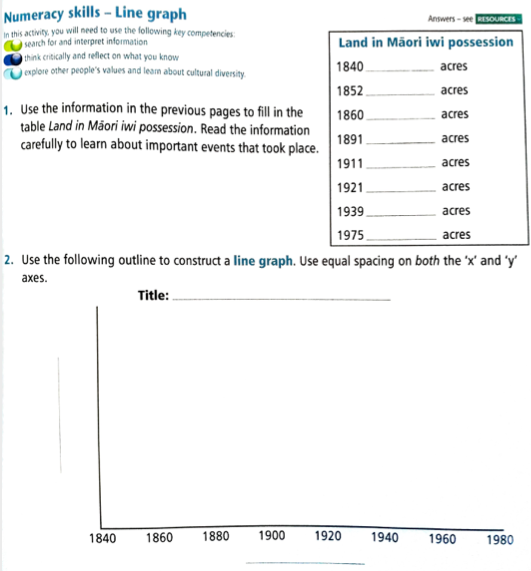
- Summary Opinion activity - Think about and discuss the impact the loss of land would have on Maori people and their social and economic development - Google classroom activity
Further Learning/Homework:
Ensure your timeline is completed and ready to be marked
Ensure the above notes (photo) are written you your exercise book
Due Wednesday in class -
Kia ora...and welcome back to Life After Lockdown
EXPLORE / TŪHURA learning intentions:
- We are EXPLORING… the Covid19 economic lockdown by discovering the skills that would enable people to be more self sufficient and live locally
- We are EXPLORING…. the Covid19 economic lockdown by investigating how it impacted people, communities and nations
- We are EXPLORING… the Covid19 economic lockdown by recognising how resources were used differently and analysing the impact this had on environmental & social sustainability
Success Criteria: I can/have...
Activities:
- What activities do you or bubble in your bubble participate in during lockdown which was not normally activities that usual happen?
- Brainstorm - own bubbles, other people's, bubbles and news articles
- ask parent/caregiver for feedback on the activities they think you should learn to do or participate in
Use the resource in the google classroom (Life and Learning in Lockdown) to find - 30 Things all 12 year olds should know how to do
- create a Decision Making T-chart in your exercise book
- use link below & add the 29 Skills/tasks to you chart
- decide does this belong on a NZ list? Can you do it?
- what is missing? add your own ideas
- Homework - use the same caregiver/parent you shared your brainstorm - complete decision making process - Use the TWO links below.
- Read about the life skills the articles believe everyone should have.
- What can you already do?
- Write your own list of the 20 things you think every teenager should know how to do - using the links, your decision making t-Chart and your parent/caregiver feedback - What to learn during Lockdown
- https://www.futurelearn.com/info/blog/what-to-learn-during-lockdown
- create a Coogle (https://coggle.it/) to map out the 3 Major ideas in this article (see example below)
- review your brainstorm in your exercise book and your 20 things every 12 year old in NZ should know/can do; organise what you need and/or want to learn from these two activities on your coogle
Follow Up Tasks:
Ask parent/caregiver for feedback on the activities they think you should learn to do or participate in - circle the ones they select and ask them to sign your brainstorm
Share the List of Things all 12 year olds should know how to do - what do they agree should be on the NZ list - do they agree you can do it
-
Kia ora...and welcome back to Life After Lockdown
EXPLORE / TŪHURA learning intentions:
- We are EXPLORING… the Covid19 economic lockdown by discovering the skills that would enable people to be more self sufficient and live locally
- We are EXPLORING…. the Covid19 economic lockdown by investigating how it impacted people, communities and nations
- We are EXPLORING… the Covid19 economic lockdown by recognising how resources were used differently and analysing the impact this had on environmental & social sustainability
Success Criteria: I can/have...
Activities:
Ensure the following is completed from last session which was a Homework requirement.
30 Things all 12 year olds should know how to do
- - use the a Decision Making T-chart in your exercise book
- The 29 Skills/tasks in your chart come from the website below
- Decide does this belong on a NZ list? Can you do it?
- What is missing? add your own ideas
- - https://www.futurelearn.com/info/blog/what-to-learn-during-lockdown
- create a Coogle (https://coggle.it/) to map out the 5 Major ideas in this article (see example below)
- review your brainstorm in your exercise book; organise what you want to learn from these two activities on your coogle
- Also add ideas that interest you from the article
Write your own list of the 20 things you think every teenager should know how to do.- - Use the TWO links from last week MHOL.
- Read about the life skills the articles believe everyone should have. What can you already do? Which of these do you think belong on a 12 year olds list?
- Use your decision making t-chart
- Write your own list of the 20 things you think every teenager should know how to do.
- How have other young people spent their time in lockdown?
Y chart in your exercise book (Look, See Hear)
- Identifying opportunities and challenges chart
- https://www.unicef.org.nz/stories/how-children-around- the-world-are-adapting-to- life-under-covid-19
- https://www.bbc.com/news/av/education-52230918/ coronavirus-the-teenagers- still-learning-during-lockdown
Impact on New Zealand and the World from the economic lockdown
- How might examine the impact of the economic lockdown?
- You need good research and investigation skills- Speech topic choice - research week 10 using Glob and English time = Assessment 2 - https://classroom.google.com/u/0/c/NTA5NDQwODU4Nzda/a/MTEwNTI5NTQzNTUx/details
- learn effective research skills

Follow Up Tasks:
DUE THURSDAY
- Share your Coogle by responding to the Google classroom question - add your share link
- Turn in your list - 20 Things every 12 year old in NZ should know/can do
-
FOCUS / ARONGA learning intentions:
- We are FOCUSED on understanding and using the GREAT Ako research process
Success Criteria: I can.....

Activities:
- Assessment - research for speech - see embedded document below and the resource in the Google classroom assignment
https://classroom.google.com/u/0/c/NTA5NDQwODU4Nzda/a/MTEwNTI5NTQzNTUx/details - Use the exemplars/models
- how to take notes in my own words (Jot&Dot)
- how to gather/select evidence (highlight & annotate)
https://classroom.google.com/u/0/c/NTA5NDQwODU4Nzda/m/MTEzNzYxOTE3Nzc0/details - APA referencing - if using a book or website you have to collect the referencing information (this is why using EPIC is best!)
- use the PDF guide below
Further Learning:
Assessment checkpoint 1# - Research Plan completed - Tuesday 16th June
Assessment DUE - Tuesday 23rd June 8am
You must submit
- Research Plan
- Evidence File
- Research summary & bibliography - We are FOCUSED on understanding and using the GREAT Ako research process
-
FOCUS / ARONGA learning intentions:
- We are FOCUSED on understanding and using the GREAT Ako research process
Success Criteria: I can.....

Activities:
- Assessment - research for speech - see embedded document below and the resource in the Google classroom assignment
https://classroom.google.com/u/0/c/NTA5NDQwODU4Nzda/a/MTEwNTI5NTQzNTUx/details - Use the exemplars/models
- how to take notes in my own words (Jot&Dot)
- how to gather/select evidence (highlight & annotate)
https://classroom.google.com/u/0/c/NTA5NDQwODU4Nzda/m/MTEzNzYxOTE3Nzc0/details - APA referencing - if using a book or website you have to collect the referencing information (this is why using EPIC is best!)
- use the PDF guide below
ASSESSMENT DUE: Tuesday 23rd June 6pm
In our Context can now return to Exploring the impact of Covid-19 and the global lockdown on NZ and the world. We will focus on exploring Environmental & Economic impact. We will be using graphs, charts and maps to explore these impacts.
Then we evaluating and then promoting how we believe life after lockdown should change by making political parties and campaigning to be voted into government.
EXPLORE / TŪHURA learning intentions:
- We are EXPLORING… the Covid19 economic lockdown by discovering the skills that would enable people to be more self sufficient and live locally
- We are EXPLORING…. the Covid19 economic lockdown by investigating how it impacted people, communities and nations
- We are EXPLORING… the Covid19 economic lockdown by recognising how resources were used differently and analysing the impact this had on environmental & social sustainability
Success Criteria: I can/have...
Activities:
- Developing your understanding on maps so you can use maps to explore the impact of Covid-19 and the global lockdown
- Education Perfect Activities: https://www.educationperfect.com/app/#/dashboard/homework/3272437
- Geographic knowledge - places around the world
https://world-geography-games.com/world.html
Please only use the following Game categories: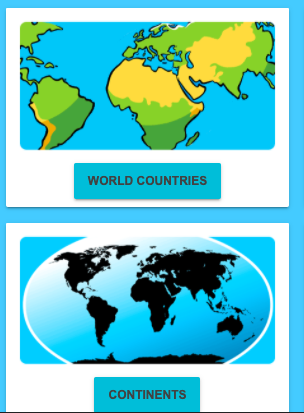
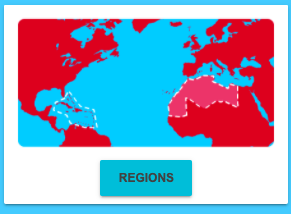
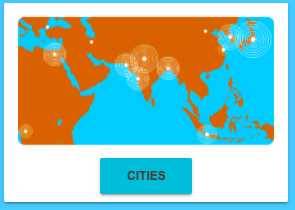
- Covid-19 - countries in the world infection rates and government responses
Further Learning:
Overdue Assessments: Devanshi, Diana, Japman, Jordan, Josua, Mehtab, Sandi, Shazeb, Simran, Tisha, Vivian,
Geographical games - developing your knowledge of the world
- We are FOCUSED on understanding and using the GREAT Ako research process
-
In our Context can now return to Exploring the impact of Covid-19 and the global lockdown on NZ and the world. We will focus on exploring Environmental & Economic impact. We will be using graphs, charts and maps to explore these impacts.
Then we will be evaluating and then promoting how we believe life after lockdown should change by making political parties and campaigning to be voted into government.
EXPLORE / TŪHURA learning intentions:
- We are EXPLORING… the Covid19 economic lockdown by discovering the skills that would enable people to be more self sufficient and live locally
- We are EXPLORING…. the Covid19 economic lockdown by investigating how it impacted people, communities and nations
- We are EXPLORING… the Covid19 economic lockdown by recognising how resources were used differently and analysing the impact this had on environmental & social sustainability
Success Criteria: I can/have...
Activities:
- Covid-19: countries in the world infection rates and government responses
- Resource Interpretation - 3 level reading guide: a) structure explanation in exercise book and B) Activity in the Google classroom -https://classroom.google.com/u/0/c/NTA5NDQwODU4Nzda/a/MTE1NjAxODczODAx/details - Covid-19: countries in the world infection rates and government responses
Handout: outline of a global map
- https://coronavirus.jhu.edu/map.html
- Map checklist - FACKTS, Source details where data from and date/time collected
Further Learning:
All Assessments now submitted - well done
Complete the 3 Level Reading Guide task from class ready to be marked in class on Thursday
-
In our Context can now return to Exploring the impact of Covid-19 and the global lockdown on NZ and the world. We will focus on exploring Environmental & Economic impact. We will be using graphs, charts and maps to explore these impacts.
Then we will be evaluating and then promoting how we believe life after lockdown should change by making political parties and campaigning to be voted into government.
EXPLORE / TŪHURA learning intentions:
- We are EXPLORING… the Covid19 economic lockdown by discovering the skills that would enable people to be more self sufficient and live locally
- We are EXPLORING…. the Covid19 economic lockdown by investigating how it impacted people, communities and nations
- We are EXPLORING… the Covid19 economic lockdown by recognising how resources were used differently and analysing the impact this had on environmental & social sustainability
Success Criteria: I can/have...
Activities:
- Reflecting on Assessment 2 - links to GREAT Learner

- Marking - Self assessment activity: Resource Interpretation - 3 level reading guide activity in the Google classroom https://classroom.google.com/u/0/c/NTA5NDQwODU4Nzda/a/MTE1NjAxODczODAx/details
- Marking Schedule below - Covid-19: countries in the world infection rates and government responses
Handout: outline of a global map
- https://coronavirus.jhu.edu/map.html
- Peer assessment using the checklist - FACKTS, Source details where data from and date/time collected
- Bring together to Ms Lambert for moderation - Covid-19: countries in the world infection rates and government responses
- how has the situation changed in the past 2x weeks - compare/contrast the data for the countries you selected
- Global Pandemic - World Health: Covid 19 coronavirus: WHO warns virus 'accelerating' out of control as global cases reach 11.8 million
Organisation: https://www.nzherald.co.nz/world/news/article.cfm?c_id=2&objectid=12347258 - COVID-19: In charts and maps
https://www.aljazeera.com/indepth/interactive/2020/03/covid-19-charts-maps-200310163714493.html
- Kahoot challenge - Environmental impact of the pandemic and global lockdown
Further Learning: -
In our Context can now return to Exploring the impact of Covid-19 and the global lockdown on NZ and the world. We will focus on exploring Environmental & Economic impact. We will be using graphs, charts and maps to explore these impacts.
Then we evaluating and then promoting how we believe life after lockdown should change by making political parties and campaigning to be voted into government.
EXPLORE / TŪHURA learning intentions:
- We are EXPLORING… the Covid19 economic lockdown by discovering the skills that would enable people to be more self sufficient and live locally
- We are EXPLORING…. the Covid19 economic lockdown by investigating how it impacted people, communities and nations
- We are EXPLORING… the Covid19 economic lockdown by recognising how resources were used differently and analysing the impact this had on environmental & social sustainability
Success Criteria: I can/have...
FOCUS / ARONGA learning intentions:
- We are FOCUSED on understanding and using the GREAT Ako research process
- We are FOCUSED on understanding and using the GREAT Ako writing process

- Assessment 3 - Essay - open book in class - 2-3 weeks preparation of notes and planning together in class - use in the open book test.
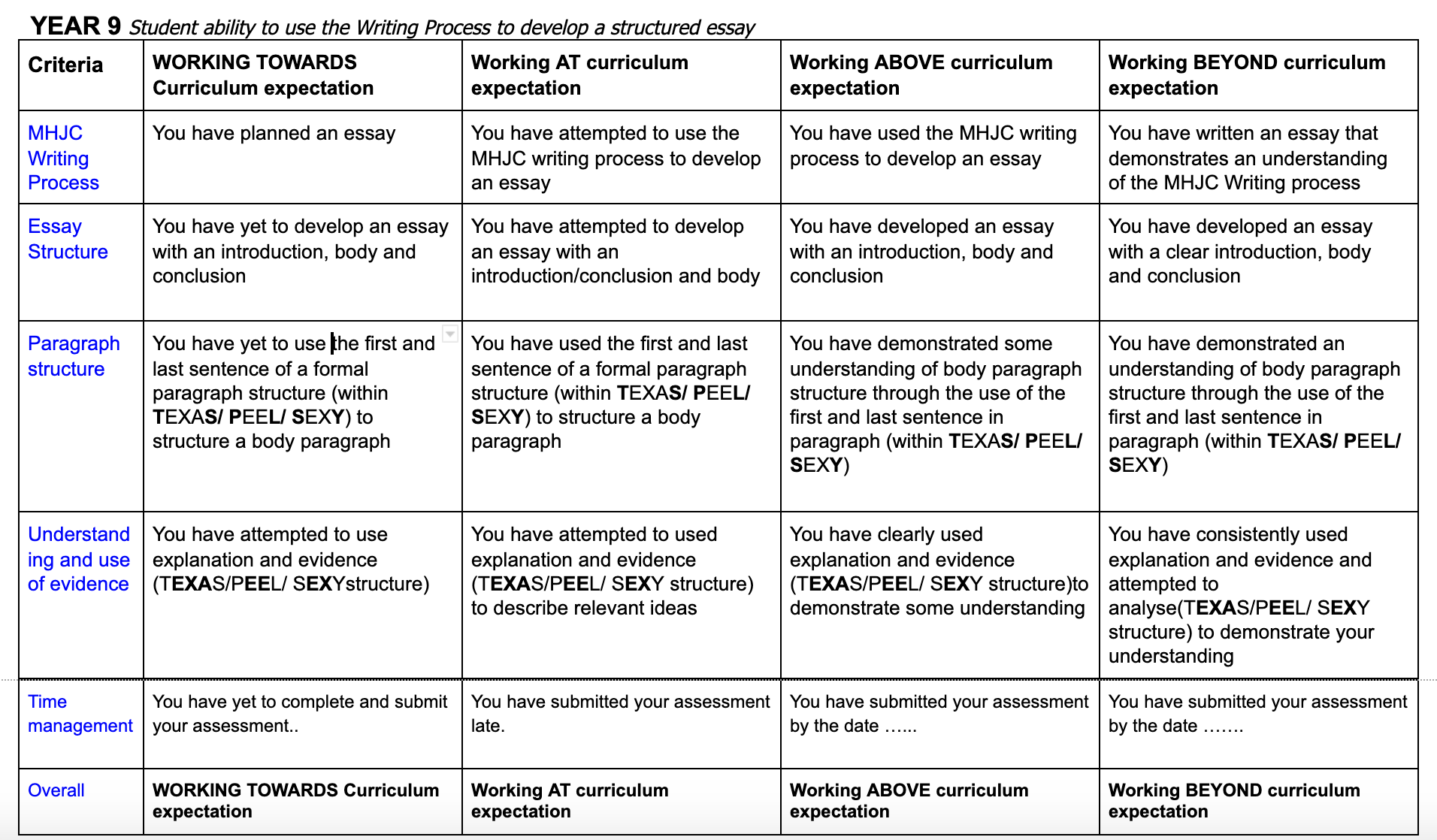
- How did life change for people and places during lockdown?https://classroom.google.com/u/0/c/NTA5NDQwODU4Nzda/a/MTE5MTc4Mzc4MDE3/details
- Environmental impact of the pandemic and global lockdown
Has coronavirus helped the Environment?
https://classroom.google.com/u/0/c/NTA5NDQwODU4Nzda/a/MTQxMjA1NzE2Mzk3/details
Activities:
Further Learning:
Interview a family member - how did their life change during lockdown?
Environment activities - ensure completed so notes are ready for essay planning
-
In our Context can now return to Exploring the impact of Covid-19 and the global lockdown on NZ and the world. We will focus on exploring Environmental & Economic impact. We will be using graphs, charts and maps to explore these impacts.
Then we evaluating and then promoting how we believe life after lockdown should change by making political parties and campaigning to be voted into government.
EXPLORE / TŪHURA learning intentions:
- We are EXPLORING… the Covid19 economic lockdown by discovering the skills that would enable people to be more self sufficient and live locally
- We are EXPLORING…. the Covid19 economic lockdown by investigating how it impacted people, communities and nations
- We are EXPLORING… the Covid19 economic lockdown by recognising how resources were used differently and analysing the impact this had on environmental & social sustainability
Success Criteria: I can/have...
FOCUS / ARONGA learning intentions:
- We are FOCUSED on understanding and using the GREAT Ako research process
- We are FOCUSED on understanding and using the GREAT Ako writing process

- Assessment 3 - Essay - open book in class - 2-3 weeks preparation of notes and planning together in class - use in the open book test.

- Economic impact of the pandemic and global lockdown on the world
- Expert groups cooperative learning strategy - Economic Impart of Covid 19 pandemic on New Zealand
- Scavenger Hunt used the printed copy (handout) of the PDF below
- Group of three
- You will use the Statistics New Zealand website - Covid19 data portal - https://www.stats.govt.nz/experimental/covid-19-data-portal
Activities:
Further Learning:
Bring to school on Wednesday - all completed activity about .......
- How life changed during lockdown
- Environmental impact of Covid19/lockdown
- Economic impact of Covid19/lockdown -
In our Context can now return to Exploring the impact of Covid-19 and the global lockdown on NZ and the world. We will focus on exploring Environmental & Economic impact. We will be using graphs, charts and maps to explore these impacts.
Then we evaluating and then promoting how we believe life after lockdown should change by making political parties and campaigning to be voted into government.
EXPLORE / TŪHURA learning intentions:
- We are EXPLORING… the Covid19 economic lockdown by discovering the skills that would enable people to be more self sufficient and live locally
- We are EXPLORING…. the Covid19 economic lockdown by investigating how it impacted people, communities and nations
- We are EXPLORING… the Covid19 economic lockdown by recognising how resources were used differently and analysing the impact this had on environmental & social sustainability
Success Criteria: I can/have...
FOCUS / ARONGA learning intentions:
- We are FOCUSED on understanding and using the GREAT Ako research process
- We are FOCUSED on understanding and using the GREAT Ako writing process

- Assessment 3 - Essay - open book in class - 2-3 weeks preparation of notes and planning together in class - use in the open book test.

- Checklist - ensure ALL learning activities designed to give you lost of ideas for your essay have been completed
https://classroom.google.com/u/0/c/NTA5NDQwODU4Nzda/a/MTI1ODQ3ODIyMTg0/details - Using the learning - ideas/points and examples/evidence from the above activity, you will make your OWN COPY of the Coogle template I have created. You will then complete the Mindmap by adding your ideas/points and examples/evidence.....
- the mindmap will then be all the ideas you could use to write a essay
Activities: -
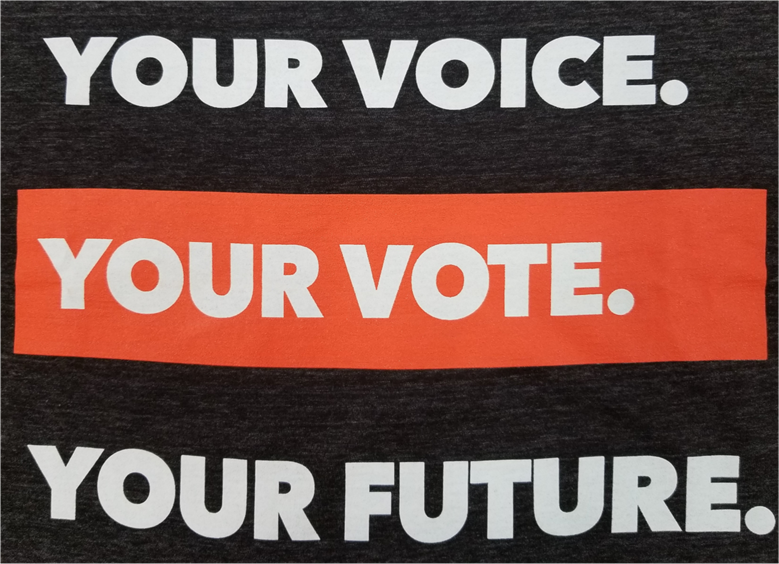
EXPLORE / TŪHURA learning intentions:
- We are EXPLORING government systems by recognising different types of governments.
- We are EXPLORING government systems by connecting government structure with their function.
- We are EXPLORING democracy by conceptualising different electoral systems.
- We are EXPLORING New Zealand's democracy/government by investigating the 2020 elections.
Success Criteria: I can/have...
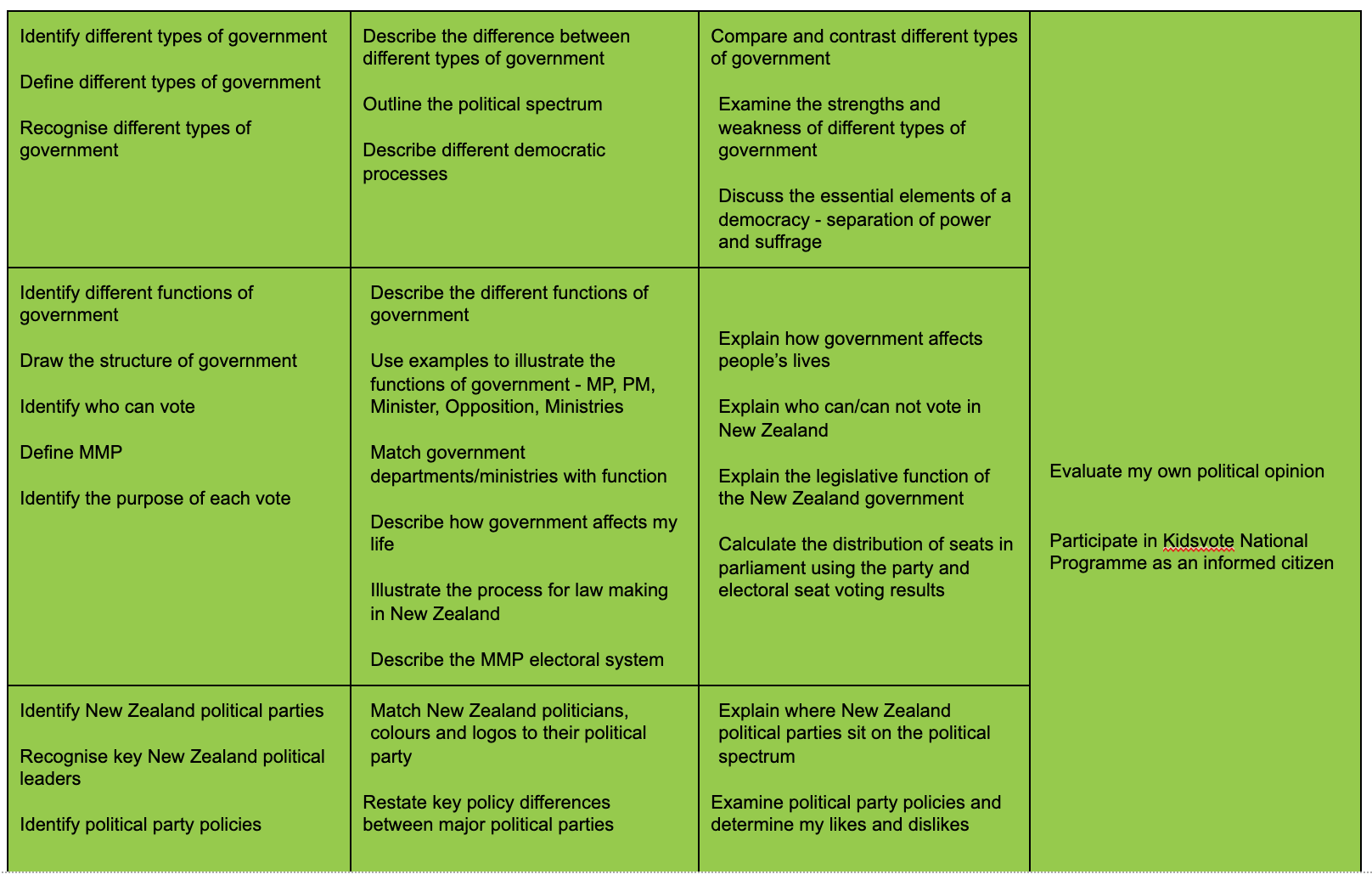
Activities:
- Assessment 3 - writing essay - Raneia, Sandi, Kayla, Josua, Vivian, Shawnequa.
- NZ's Government: Glossary - posted in google classroom
- Key Government vocabulary
- https://quizlet.com/_7hi2yq?x=1jqt&i=mneah - NZ's Government: Vocabulary work - flash cards - keep in exercise book
- print the PDF of flash cards
- learn the key words and definitions - Types of Government: 20 Forms of Government - in your exercise book
- use this link - https://thebestschools.org/magazine/common-forms-of-government-study-starters/
- read about each form of government and the real world example
- create a visual to represent each form of government and LABEL the visual Types of Government: Types of Government for Kids | Learn all about the different forms of governments Types of Government: Forms of government song
Competition
- Pictionary, Articulate and Charades - types of government
- Kahoot - NZ Government
Follow Up Tasks:
Ensure all class activities are completed; activities 2-6 -

EXPLORE / TŪHURA learning intentions:
- We are EXPLORING government systems by recognising different types of governments.
- We are EXPLORING government systems by connecting government structure with their function.
- We are EXPLORING democracy by conceptualising different electoral systems.
- We are EXPLORING New Zealand's democracy/government by investigating the 2020 elections.
Success Criteria: I can/have...

Activities:
- What is Government
What Is Government Worksheet (google classroom)
2. Different Types of Government- read PDF and complete activities 1 and 2 in their Global Studies exercise book
3. The Westminster System- read PDF and complete activities 1-7 in their Global Studies exercise book4. Maori System of Leadership
- Understanding the hierarchy of Maori Leadership: google classroom
- Venn diagram: Exercise book 5. Scavenger Hunt - NZ Democracy - Basic facts - handout
5. Scavenger Hunt - NZ Democracy - Basic facts - handout
Follow Up Tasks:
Complete what is not finished in class for homework - due Wednesday -

EXPLORE / TŪHURA learning intentions:
- We are EXPLORING government systems by recognising different types of governments.
- We are EXPLORING government systems by connecting government structure with their function.
- We are EXPLORING democracy by conceptualising different electoral systems.
- We are EXPLORING New Zealand's democracy/government by investigating the 2020 elections.
Success Criteria: I can/have...

Activities:
- Scavenger Hunt - complete activity
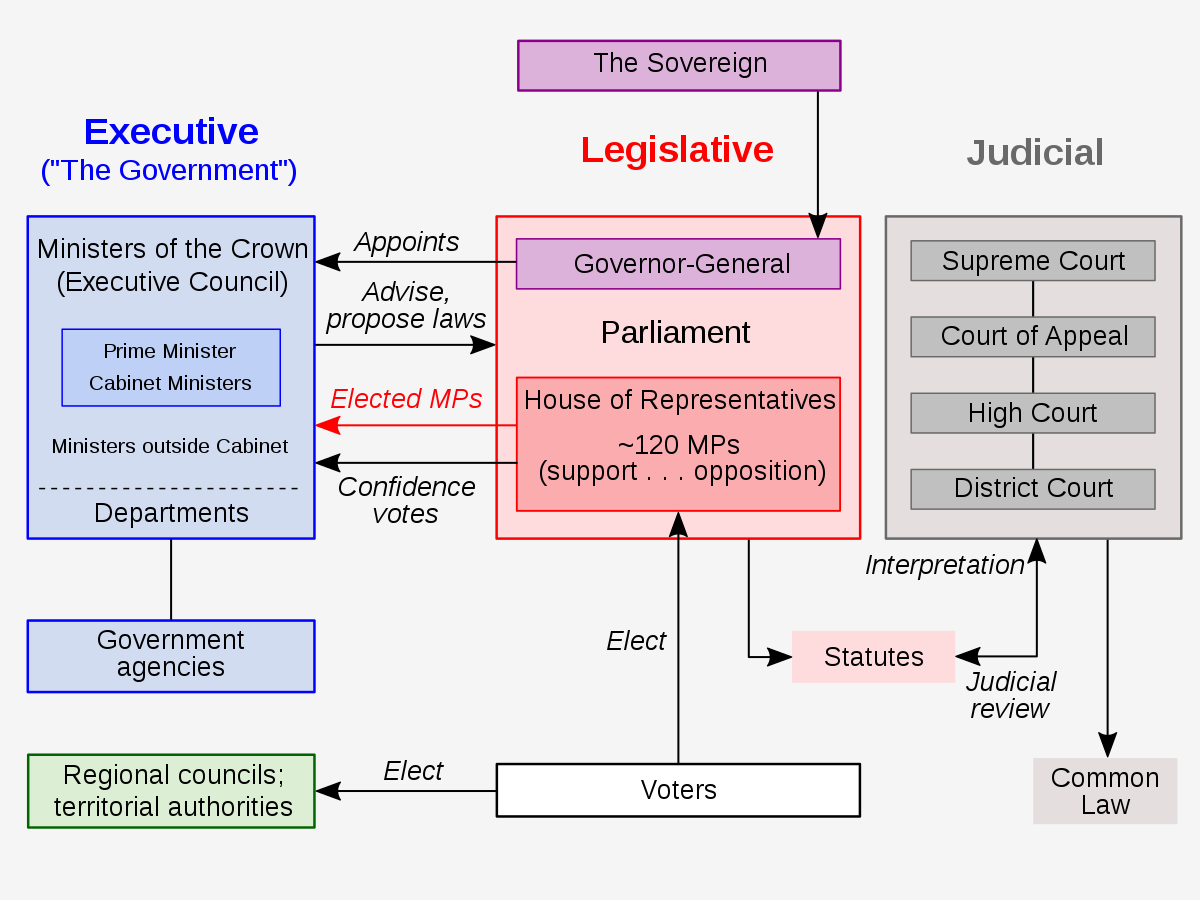
- Political spectrum & Vote Compass
https://votecompass.tvnz.co.nz/
- Complete the questionnaire
- Get you results emailed to you by entering your email bottom left
- Add your Vote Compass results to the Google Form (sent to email)
- understanding the political spectrum (glossary below) - NZ electoral system - MMP
- Video
- Learning guide activity - Electorates in NZ
- 3 Level Reading Guide - Google classroom - Fruit election - Hand out activity
- Who can vote in NZ?
- Suffrage
Follow Up Tasks:
Ask a parent/caregiver to complete the Vote Compass. Their result and voting choice is private but please ask the following........
1. Compare/contrast your results - are your results the same or different from your parent/caregiver?
2. Does their result match their 2017 voting decision or their intended 2020. voting decision?
-

EXPLORE / TŪHURA learning intentions:
- We are EXPLORING government systems by recognising different types of governments.
- We are EXPLORING government systems by connecting government structure with their function.
- We are EXPLORING democracy by conceptualising different electoral systems.
- We are EXPLORING New Zealand's democracy/government by investigating the 2020 elections.
Success Criteria: I can/have...

Activities:
- NZ electoral system - MMP
- Video - Fruit election - Hand out activity
- Your electorate - Yr 9 CAT Practice
a) Mapping activity: Handout of your own electorate. Remember your electorate is determined by your home address
- Your map needs FACKTS, and within the key your need to identify your electorate boundary and the location of your home
b) Electorate Changes in our neighbourhood - Three level Reading Guide
- hand out of questions
- resource link https://docs.google.com/document/d/1tirmNM3nStx-LMxecSdKs3ANAtfxtbD1vSDjWylCyRU/edit?usp=sharing
Follow Up Tasks: -

EXPLORE / TŪHURA learning intentions:
- We are EXPLORING government systems by recognising different types of governments.
- We are EXPLORING government systems by connecting government structure with their function.
- We are EXPLORING democracy by conceptualising different electoral systems.
- We are EXPLORING New Zealand's democracy/government by investigating the 2020 elections.
Success Criteria: I can/have...

Activities:
- Practice CAT - those student who did not complete over the holidays have 30mins to do this now
- Political Party role play - 5 min presentation - last jobs so you are ready for tomorrow
- How do you vote in NZ?
- PDF below
- read and answer questions in your exercise book
- Two Ticks video
- How to vote in the 2020 General Elections and referendums video https://www.youtube.com/watch?v=fzCrdpzzvKg&t=30s - Who can vote in NZ?
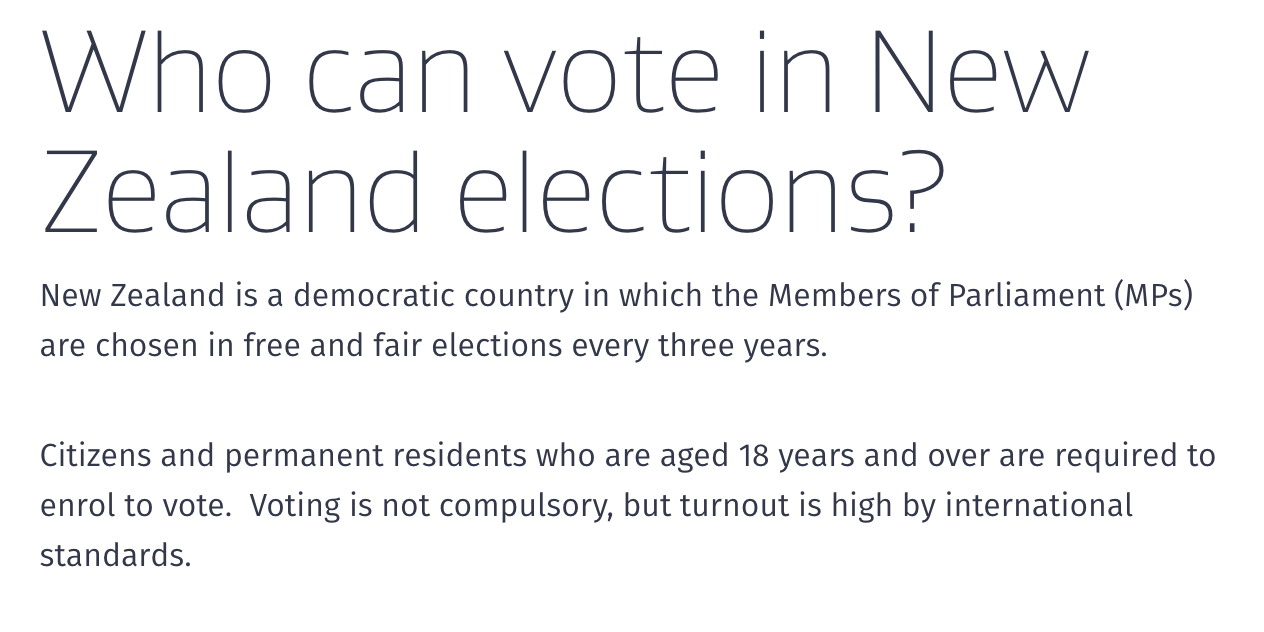
Weblinks
https://vote.nz/enrolling/get-ready-to-enrol/are-you-eligible-to-enrol-and-vote/
- In your exercise book use the notes above and the weblink above to complete the below diagram
Follow Up Tasks:
- 14x questions from PDF
- Who can vote stick diagram
-

EXPLORE / TŪHURA learning intentions:
- We are EXPLORING government systems by recognising different types of governments.
- We are EXPLORING government systems by connecting government structure with their function.
- We are EXPLORING democracy by conceptualising different electoral systems.
- We are EXPLORING New Zealand's democracy/government by investigating the 2020 elections.
Success Criteria: I can/have...

Activities:
- Who is entitled to vote - scenario exercise - Homework - CAT practice
- googleclassroom - Women's Suffrage
- Dramatic documentary "What Really Happened - Votes for Women"
https://www.nzonscreen.com/title/votes-for-women-what-really-happened-2012
- Brief History: https://nzhistory.govt.nz/politics/womens-suffrage/brief-history - Women's Suffrage Activity:
- Kicking down the doors - https://natlib.govt.nz/he-tohu/about/womens-suffrage-petition/womens-suffrage-kicking-down-the-door
- Petition - youtube clip:
- Extension activity: https://natlib.govt.nz/he-tohu/about/womens-suffrage-petition/womens-suffrage-petition-biography-guide - Womens Suffrage Activity:
- Activity: Cartoon interpretation (purpose and audience) Group Work and then CAT practice (google classroom)
Follow Up Tasks:
- googleclassroom
DUE: WEDNESDAY
-

EXPLORE / TŪHURA learning intentions:
- We are EXPLORING government systems by recognising different types of governments.
- We are EXPLORING government systems by connecting government structure with their function.
- We are EXPLORING democracy by conceptualising different electoral systems.
- We are EXPLORING New Zealand's democracy/government by investigating the 2020 elections.
Success Criteria: I can/have...

Activities:
- CAT Marking - Beyond question
- REVISION: Women's Suffrage Activity:
- Kicking down the doors - https://natlib.govt.nz/he-tohu/about/womens-suffrage-petition/womens-suffrage-kicking-down-the-door
- Petition - youtube clip: - Womens Suffrage Cartoon Interpretation:
Group work/Discussion work - using the bullet point steps for analysis above- Grp 1: https://digitalnz.org/records/41559/cartoon-against-womens-suffrage
- Grp 2: https://digitalnz.org/records/23081795/hunter-ashley-john-barsby-1854-1932womens-vote-she-that-is-to-be-obeyed-the
- Grp 3: https://digitalnz.org/records/4792948/michael-a-mouse-is-it-begorra-i-thought-it-was-a-tiger-escaped-from-the-men
- Grp 4: https://digitalnz.org/records/23122935/blomfield-william-1866-1938-the-result-of-the-dose-liberals-54-conservative
- Grp 5: https://digitalnz.org/records/43182/the-summit-at-last-suffrage-cartoon -
Women's suffrage Cartoon Interpretation
- CAT practice (google classroom)
- individual - How a law is made?
- What is a referendum?
Follow Up Tasks:
-

EXPLORE / TŪHURA learning intentions:
- We are EXPLORING government systems by recognising different types of governments.
- We are EXPLORING government systems by connecting government structure with their function.
- We are EXPLORING democracy by conceptualising different electoral systems.
- We are EXPLORING New Zealand's democracy/government by investigating the 2020 elections.
Success Criteria: I can/have...

Activities:
- CAT Marking - Suffrage Cartoon Interpretation
Women's suffrage Cartoon Interpretation
- CAT practice (google classroom)
- Answer document below - peer/self assessment - Mapping Skills - women's suffrage around the world
- CAT practice
- googel classroom - How a law is made?
- What is a referendum?
Follow Up Tasks:Cartoon - Suffrage - CAT resource interpretation practice - due Wednesday
Education Perfect revision skills tasks assigned to help your CAT revision
-
COMMON ASSESSMENT TASK (CAT) Week
-

EXPLORE / TŪHURA learning intentions:
- We are EXPLORING government systems by recognising different types of governments.
- We are EXPLORING government systems by connecting government structure with their function.
- We are EXPLORING democracy by conceptualising different electoral systems.
- We are EXPLORING New Zealand's democracy/government by investigating the 2020 elections.
Success Criteria: I can/have...

Activities:
Students are required to completed this work in their Global Studies exercise book- Activity 1: KidsVote Vs Official ElectionThey will need Ruler, Protractor (class set available from Water Student Services - count in and out), pencil and colour pencilsUse the document below - create a graph to complete the results (number of seats) Parities gained in the 2020 general election compared to the Kidsvotes resultComparing the Official Election Results and the Kidsvote Programme Results
Using a Different type of graph - students are to draw a data display to compare the 2x referendum results - Activity Two: How a law is made in NZ- Copy the bullet points into your exercise book- Read the article
https://www.parliament.nz/en/visit-and-learn/how- parliament-works/how-laws-are- made/ - Complete the Flow Diagram - copy for students in the google classroom - What is a referendum?
democracy-in-nz/about- elections/what-is-a- referendum/
Read the above and a make a Kahoot for us to use in class
Follow Up Tasks: -
Returning CAT papers - moderation
Ensure the above activities are completed
- Who makes the laws?
- How a law is made?- What is a referendum?
Yr 9 Camp - Tawharanui -

EXPLORE / TŪHURA learning intentions:
- We are EXPLORING government systems by recognising different types of governments.
- We are EXPLORING government systems by connecting government structure with their function.
- We are EXPLORING democracy by conceptualising different electoral systems.
- We are EXPLORING New Zealand's democracy/government by investigating the 2020 elections.
Success Criteria: I can/have...

Activities:
1. Success criteria - checklist
2. Historical case study; a different form of government to compare to NZ democracy
Case Study 1 - Ancient Greek and Roman Government
a) Education Perfect Tasks assignedCase Study 2: Nazi Germany - the rise of Hitler and dictatorship in Germany
a) Use all resources - written and visual then completed the revision test
Hitlers Rise to Power - https://www.bbc.co.uk/bitesize/guides/z3bp82p/revision/1
- Alternative short videos since the Bitesize ones don't work
https://www.youtube.com/watch?v=yEk6zGYwyhc
https://www.youtube.com/watch?v=EsAhY7JIVP0
https://www.youtube.com/watch?v=pJVQZWLqSPE
https://www.youtube.com/watch?v=EtZnPoYbRyA
Nazi Control and Dictatorship - https://www.bbc.co.uk/bitesize/guides/zsvhk7h/revision/1
- Alternative short videos since the Bitesize ones don't work
https://www.youtube.com/watch?v=ob7rXg-xoIw
https://www.youtube.com/watch?v=cDFFis0j4JM
Case Study 3: Pol Pot
a) Use the History Channel resources
https://www.history.com/topics/cold-war/pol-pot
Follow Up Tasks: -
Prizegiving

